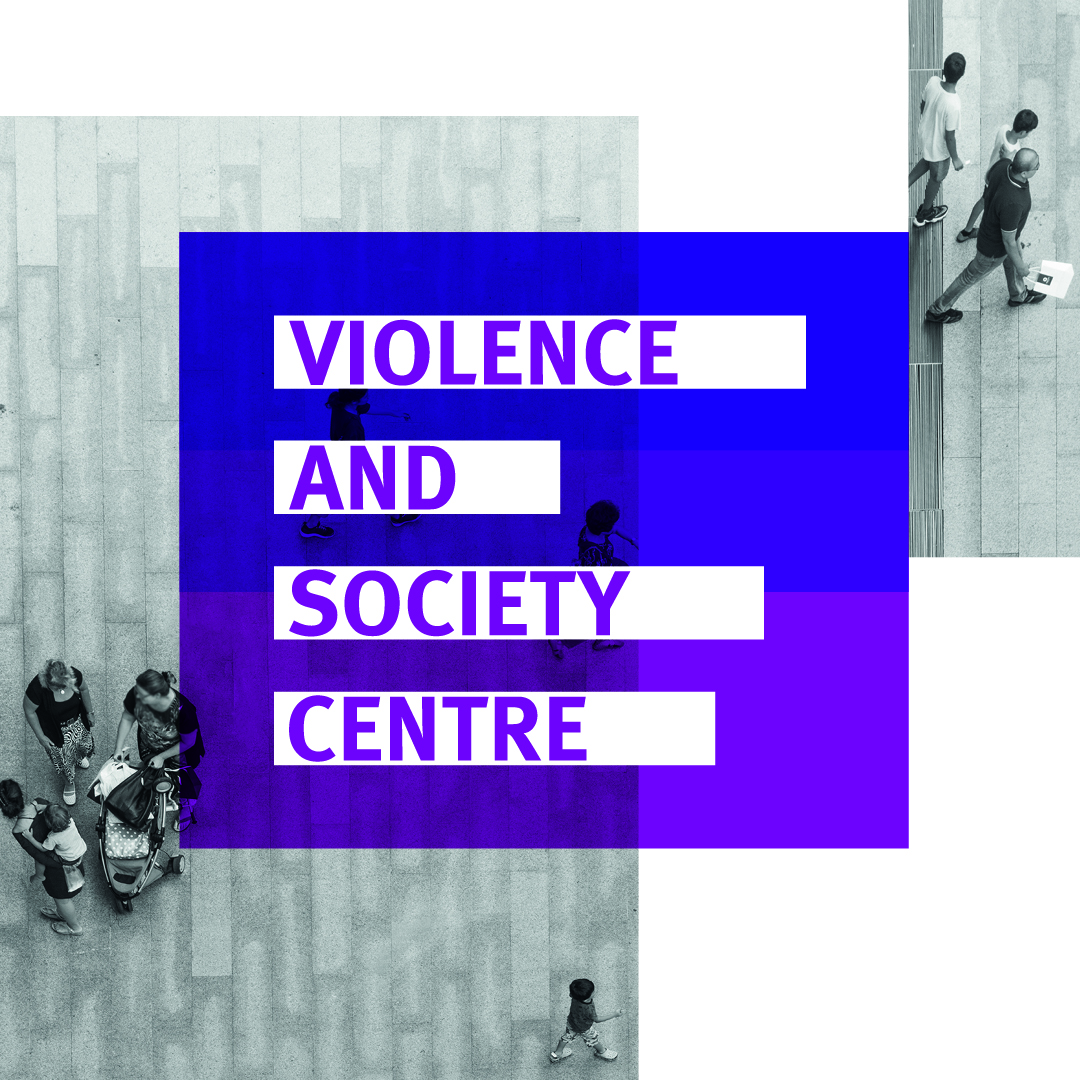Domestic violence against women (DVAW) is a public health issue and a breach of human rights, yet evidence on effective interventions remains limited, particularly in low-income and middle-income countries. In Brazil, around one third of women have reported current or previous experiences of DVAW, especially perpetrated by intimate partners. Brazil has a comprehensive policy framework on DVAW, however, their implementation has been piecemeal and low priority.
The research team, led by VISION co-Deputy Director Dr Estela Capelas Barbosa, aimed to evaluate changes in identification and referral to specialist support associated with system-level strategies implemented within Brazilian primary healthcare (PHC) to strengthen the response to DVAW as part of the Healthcare Responding to Violence and Abuse (HERA) programme.
The HERA Programme was an international collaboration, involving research partners in the UK, Brazil, Sri Lanka, Nepal and Palestine, which aimed to strengthen the healthcare system response to DVAW, in order to ultimately ensure better outcomes for women and children.
The researchers explored before and aftereffects using difference-in-difference techniques in a quasi-experimental design, using observational data. HERA intervention in Brazil was implemented in eight PHC clinics, while 33 served as controls. Data on DVAW identification and referral were obtained from the national Epidemiological Surveillance System.
Results indicated that the HERA implementation strategies were effective in increasing identification and referral of women who experienced violence and presented at primary care clinics. By prioritising the needs and experiences of women, under a gender and human rights perspective, the strategies may also have enhanced the quality of interactions between healthcare providers and patients.
To the research team’s knowledge, this is the first Brazilian study using a quasi-experimental design to evaluate a system-level set of implementation strategies to DVAW. It provides compelling evidence for the effectiveness of culturally tailored strategies aimed at improving the response of PHC settings to DVAW. The findings reveal significant improvements in both identification and referral rates. The evidence not only underscores the intervention’s potential but offers a valuable framework for policymakers and healthcare providers seeking to implement effective strategies in similar contexts, particularly in low- and middle-income settings.
To cite: Estela Capelas Barbosa, Stephanie Pereira, Loraine J. Bacchus, Manuela Colombini, Gene Feder, Lilia Blima Schraiber, Ana Flávia Pires Lucas d’Oliveira, Healthcare responding to violence and abuse in Brazil: a quasi-experimental difference-in-differences analysis, The Lancet Regional Health – Americas, Volume 47, 2025, 101114, ISSN 2667-193X, https://doi.org/10.1016/j.lana.2025.101114.
For further information, please contact Estela at e.capelasbarbosa@bristol.ac.uk
Photograph from Adobe Photo Stock subscription


